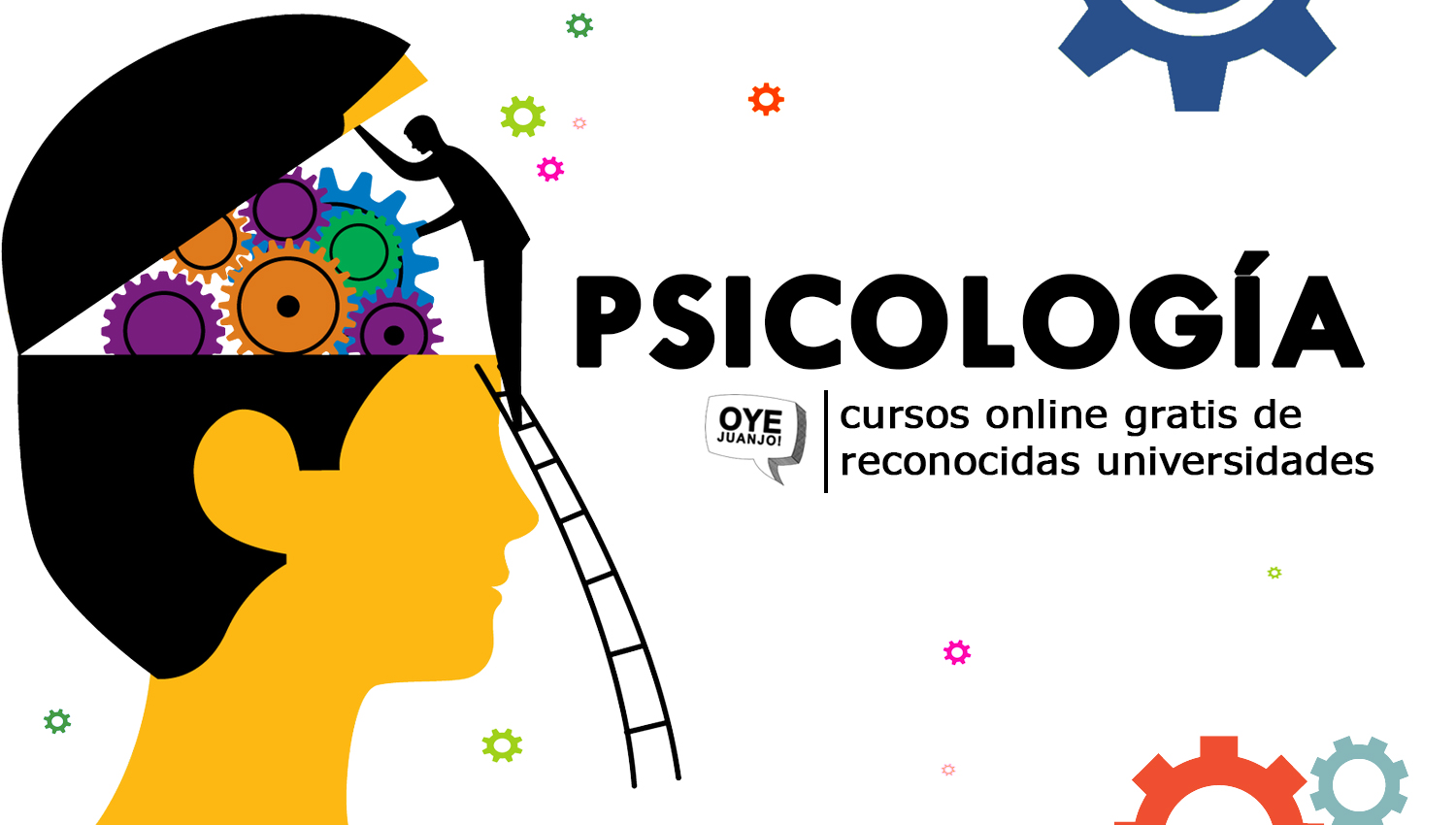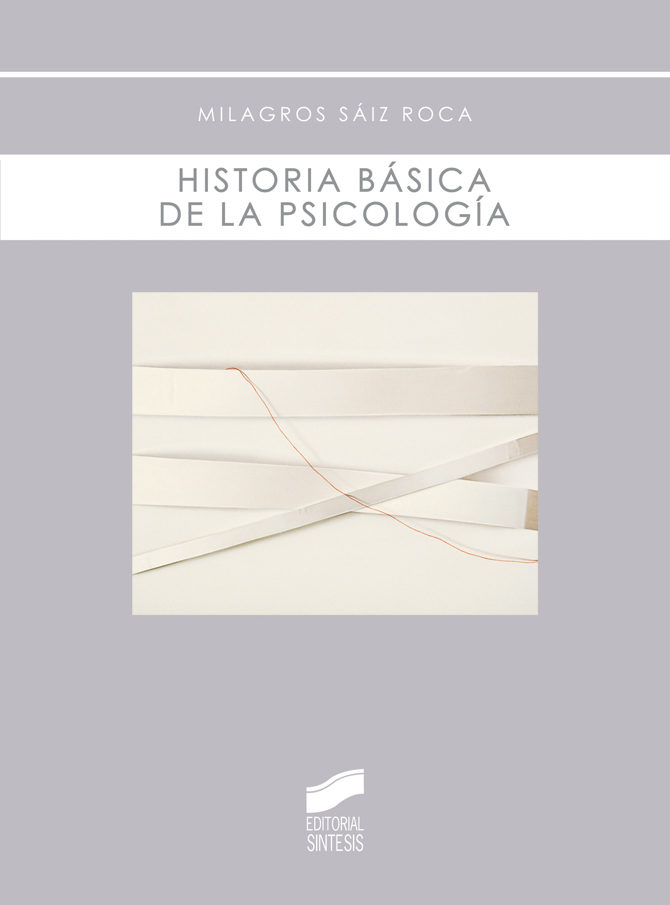

In these and other related institutions -such as the Committee for Scientific Management, or the various Laboratories for Professional Guidance spread about the country-, many dedicated professionals faced the problem, approaching the prevention of work accidents from its many different sides. One of the Sections of the Institute was a Department of Professional Guidance, which was to become a separate Institute in 1928. Principal among these was the Institute for the Professional Reeducation of Disabled Workers, founded in Madrid in 1922, whose main aim was the training of workers suffering from work injuries. The creation of new institutions devised to cope with the problem was also envisaged by the law. In order to alleviate its severity, new laws were made for their prevention. (PsycINFO Database Record (c) 2012 APA, all rights reserved)Īs a result of increasing industrialization, work accidents had become to be a very serious social and economic problem in Spain at the beginning of the 20th century. Journal to achieve an overview of the Spanish scientific management movement and help illuminate the presence of psychology and its relationships with other disciplines within this general area. This paper studies the history, structure and contents of the Journal of Scientific Organization (1928). In Spain, significant milestones evidencing this process were the constitution of the National Committee for Scientific Management and the foundation of the On the basis of similar principles, a number of associations and institutions dealing with the promotion of this new field are seen to emerge in Europe during the 1920s.

Principles and Methods of Scientific Management (1911), by F.W. In the U.S., much of the work carried out in this area was grounded in Scientific Management-an empirical, applied, multidisciplinary field stemming from the ideas and research expounded in the book The sudden growth of industrial psychology in Spain in the early decades of the 20th century may be viewed as a result of two basic factors: 1) the great concern felt at the time by those professionals interested in psychology about social and economic reform and 2) professional involvement in the various political structures of the Spanish Republican government. (PsycINFO Database Record (c) 2012 APA, all rights reserved)

The issues considered, the influences received, and the basically applied direction consequently taken by our psychology will also be acknowledged. The study of these journals will thus allow us to identify those who were mainly responsible for Spanish psychological research at the end of the 19th century and the beginning of the 20th.

Also, through the information offered to their readers and the publication of papers by relevant foreign authors, they succeeded in facilitating the dissemination of the psychology being made abroad. By giving shelter to the early Spanish psychological production, these three journals were able to reflect, as well as efficiently contribute to, its development. The aim of this paper is to provide an approach to the process of introduction of modern psychology in Spain from the point of view of three journals published in Madrid that were to play an essential role in it:īoletín de la Institución Libre de Enseñanza, Archivos de Neurobiología and


 0 kommentar(er)
0 kommentar(er)
